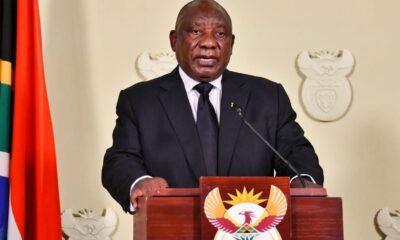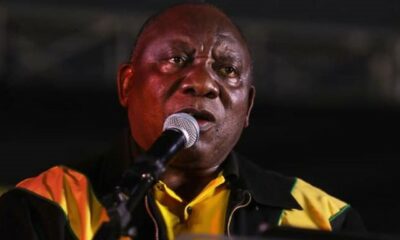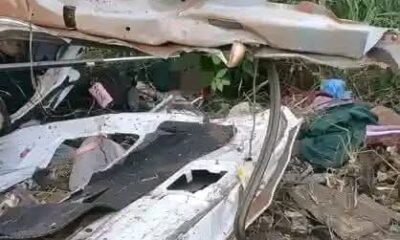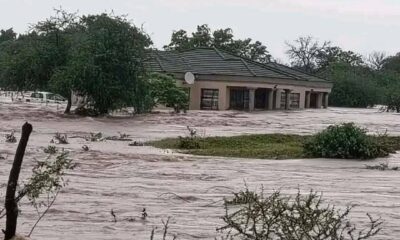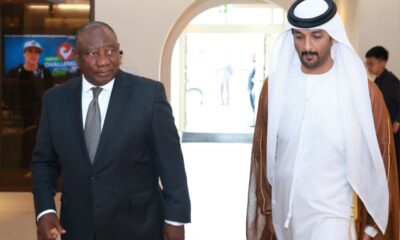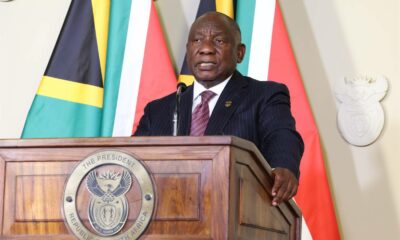News
Archbishop Makgoba Tells Politicians: Hands Off the National Dialogue
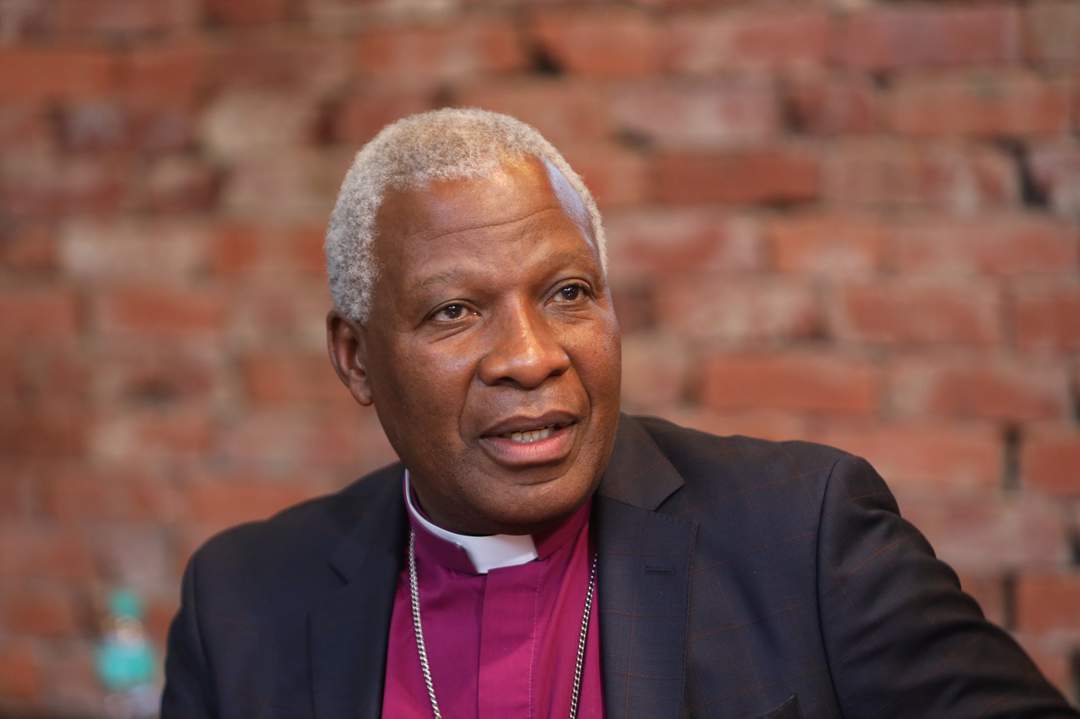
South Africans urged to take ownership of the country’s future
South Africa’s National Dialogue, launched to unite communities and tackle urgent national issues, is gaining momentum. But Anglican Archbishop Thabo Makgoba has warned that no politician should think they can bend this process to their will.
Speaking during a family day service in Taung, North West, Makgoba reminded congregants that the dialogue is designed for ordinary South Africans. As a member of the Eminent Persons Group guiding the process, he stressed that communities must drive the conversation, not political leaders hoping to score points.
What is the National Dialogue?
Unveiled by President Cyril Ramaphosa earlier this year, the dialogue is a large-scale effort to draw South Africans into nearly 14,000 community conversations. From informal settlements to rural towns, citizens are invited to voice concerns, seek common ground, and help craft practical solutions.
The process is expected to culminate in a second convention in early 2026, where a national programme of action will be adopted. Issues on the table include unemployment, inequality, and how to restore trust in democratic institutions.
Makgoba has compared the initiative to Codesa in the 1990s, which laid the foundations for democracy. For him, this new dialogue could be the closest South Africa has come to a “Codesa 2” focused on land, the economy, and social cohesion.
Makgoba’s warning to politicians
“Given the levels of dissatisfaction at the grassroots in our society, any politician who thinks he or she can control the process is sorely mistaken,” Makgoba told the Taung service.
He urged residents from Taung to Kuruman, Bathlaros, Danielskuil, Upington, and Kimberley to take charge of the process and ensure their voices shape the outcome. He also cautioned that the dialogue might not only influence policies but could even inspire new political movements.
His sermon struck a deeper chord: “We are squandering what God has bequeathed us through the generations who fought for our freedom.” Failures, he added, are not just in government but also in the private sector and within communities themselves.
A nation divided between hope and scepticism
Public reaction has been mixed. Critics argue that the dialogue could become another exercise in talk without change. Grassroots organisations such as shack dwellers’ movements and housing activists admit it is flawed but still see potential.
They describe it as a rare admission that government cannot fix the country alone. Instead, ordinary citizens, many of them poor or working-class, are being asked to provide the answers. For them, this is a radical shift from past government-led engagements.
Ramaphosa’s defence of the process
President Ramaphosa has dismissed the scepticism, saying the dialogue is vital for unity. In his opening address at the inaugural convention, he reminded the nation, “We share the same inheritance of division, of inequality, of pain, and of injustice. But we also share a common destiny and a future that binds us together.”
The challenge now is to turn those thousands of conversations into real reform. Makgoba’s reminder stands: South Africa cannot afford another cycle of empty promises. “Faith without action is dead,” he quoted from scripture.
The National Dialogue is a chance for citizens to reclaim ownership of South Africa’s future. Archbishop Makgoba’s words underline that this process belongs to the people. If it succeeds, it will be because communities, not politicians, insisted on being heard.
Also read: Jacob Zuma on Floyd Shivambu: Trust, Disappointment, and a Political Split
Follow Joburg ETC on Facebook, Twitter, TikT
For more News in Johannesburg, visit joburgetc.com
Source: IOL
Featured Image: News24

